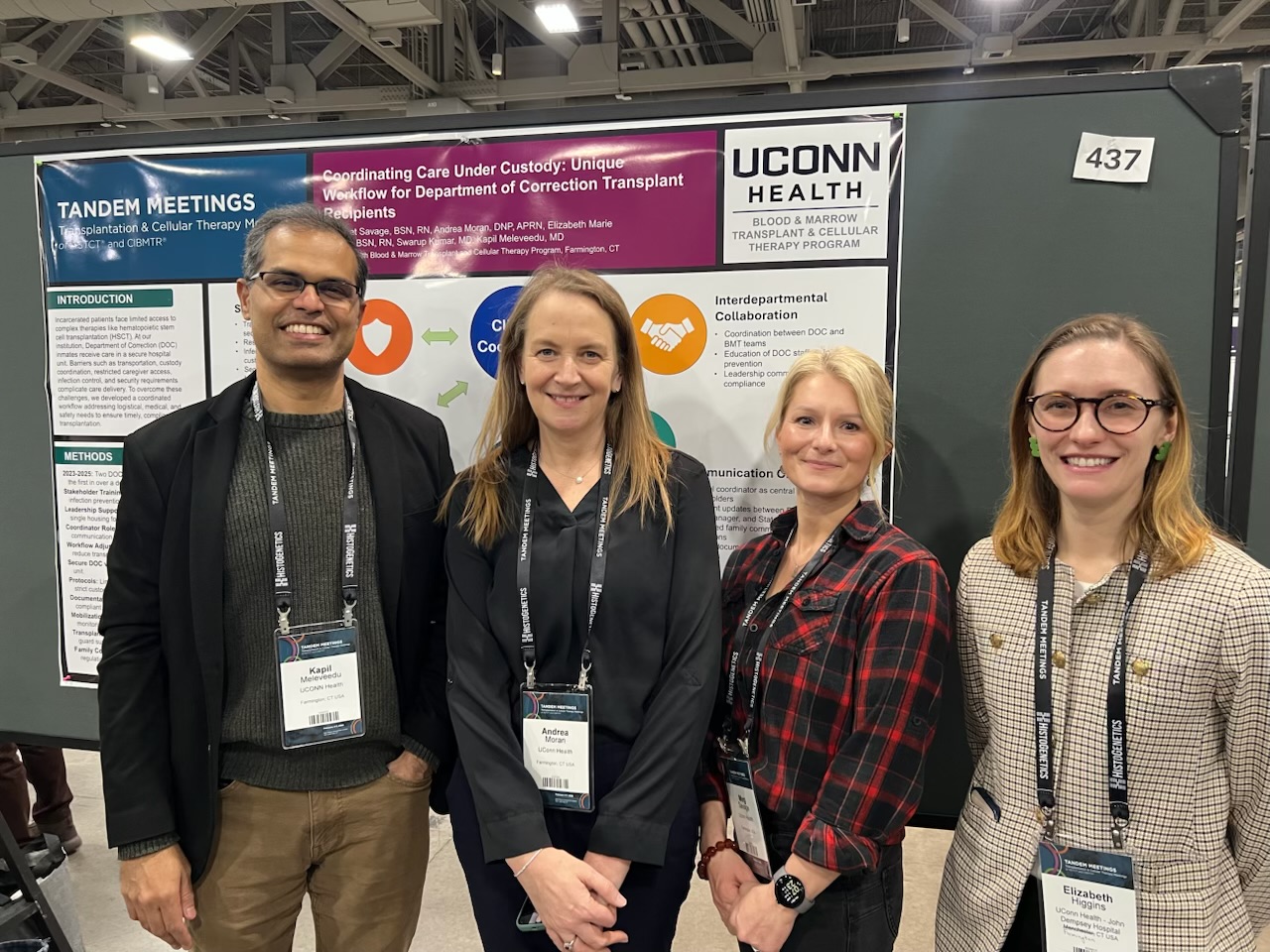A faculty team that includes engineering professors Douglas Cooper (PI), Kazem Kazerounian (Associate Dean for Research & Strategic Initiatives), Mun Y. Choi (Dean of Engineering), Marty Wood (Assistant Dean for Undergraduate Education & Diversity) along with Ruth Washington of Molecular & Cell Biology – has received $3.3 million from the National Science Foundation (NSF) for two novel integrated programs that enfold UConn graduate and undergraduate students, and technical high school students and their teachers in cross-cutting sustainable engineering research as well as college scholarships.
 The larger of the two grants, at $2.7 million, was made under NSF’s GK-12 program and focuses on providing graduate students unique learning opportunities that will broadly prepare them for professional and scientific careers in the 21st century. The program supports projects in which graduate students in STEM (science, technology, engineering and mathematics) disciplines engage with teachers and students in a K-12 setting to engender greater interest in, and preparedness for, STEM careers. The team brings a wealth of experience to the GK-12 project. Dr. Cooper is a University Teaching Fellow (’03) and Carnegie Foundation Connecticut Professor of the Year (’04) as well as a successful entrepreneur. Dean Choi and Dr. Kazerounian both received substantial NSF support, as co-PI and PI, respectively, on previous GK-12 projects. Dr. Washington has established programs aimed at recruiting women and underrepresented minority students to UConn and preparing them for a graduate studies in STEM fields.
The larger of the two grants, at $2.7 million, was made under NSF’s GK-12 program and focuses on providing graduate students unique learning opportunities that will broadly prepare them for professional and scientific careers in the 21st century. The program supports projects in which graduate students in STEM (science, technology, engineering and mathematics) disciplines engage with teachers and students in a K-12 setting to engender greater interest in, and preparedness for, STEM careers. The team brings a wealth of experience to the GK-12 project. Dr. Cooper is a University Teaching Fellow (’03) and Carnegie Foundation Connecticut Professor of the Year (’04) as well as a successful entrepreneur. Dean Choi and Dr. Kazerounian both received substantial NSF support, as co-PI and PI, respectively, on previous GK-12 projects. Dr. Washington has established programs aimed at recruiting women and underrepresented minority students to UConn and preparing them for a graduate studies in STEM fields.
The project is in its first year, and the UConn team expects to recruit and train 10 graduate students annually over the five-year grant, and to maintain or expand the program in ensuing years. In addition to pursuing the typical graduate duties, the GK-12 Fellows interact with secondary-school teachers and students in the Connecticut Technical High School System (CTHSS) to infuse the curriculum with engineering concepts and ingenuity-stimulating exercises. Graduate students recruited for the project will carry out research in sustainable engineering areas that may include, for example, fuel cells and other carbon-neutral energy technologies, water purification and environmental biotechnology.
A smaller award of $600,000, made under NSF’s Scholarships in Science, Technology, Engineering, and Mathematics (S-STEM) program, supports scholarships in engineering for CTHSS students. The five-year project will fund an estimated 20 scholarships of $6,500 each for students from economically disadvantaged families, with a particular focus on students who will be the first in their families to attend college and who are interested in careers in energy engineering. Dubbed the First in Family Energy (FIFE) Scholars program, the scholarship package integrates targeted recruiting, immersive pre-freshman year preparation, mentorship and advising, tutoring, scholarly research, dedicated enrichment and community building activities, and internship/coop and job placement assistance. Assistant professor Megan Welsh of the Neag School of Education, an educational psychologist, will evaluate and assess the program.
The focus on students enrolled in Connecticut’s system of technical high schools, rather than traditional high schools, reflects the team’s belief that this particular population represents a generally untapped resource for four-year colleges and universities. Dr. Cooper remarked, “These students have a documented acumen in visual, mental and tactile subjects associated with technology, and an affinity for a technology centered career. We hope to demonstrate that these students can become a valued talent-pool for college engineering programs.” Among the tech schools signing on to the project are Norwich, Howell Cheney, Albert I. Prince, H.H. Ellis and Windham Tech.
The project will provide doctoral students with new opportunities and perspectives on innovative research in sustainable engineering while expanding their collaborative, leadership, teaching and communication skills. The GK-12 Fellows are embedded in participating tech school science, math or technical classrooms, where they work with the teachers to develop and integrate fundamental engineering lessons into the coursework and to introduce supplementary activities that foster team-based “creative innovation” in problem solving. Undergraduate engineering students will also be recruited to participate as mentors and role models helping to nurture the tech school students’ creativity, knowledge acquisition, leadership and communication skills. Yet another layer involves the tech school teachers, who will be encouraged to participate in a teacher enrichment program offered by the School of Engineering, through which teachers are embedded in engineering research labs for periods of one to five summer weeks.



